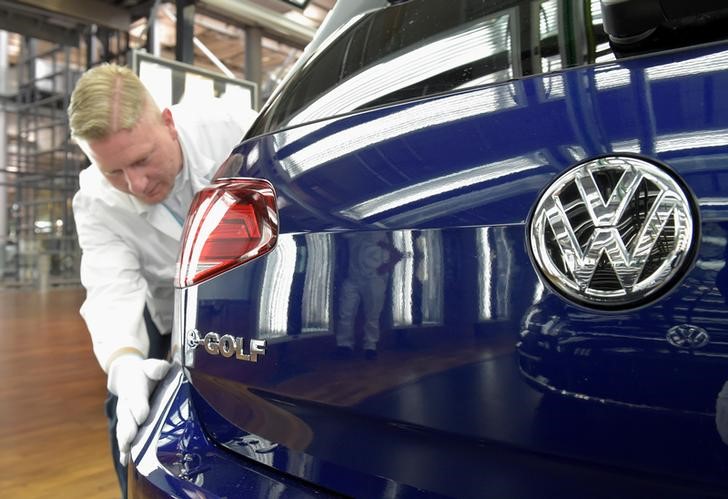
Volkswagen has reported its first quarterly loss in five years, amounting to €1.07 billion ($1.24 billion), as the German auto giant faces mounting challenges from US tariffs, a slow electric vehicle transition, and troubles at its luxury subsidiary Porsche.
The loss, recorded between July and September, marks Volkswagen’s first since the second quarter of 2020, when the company was hit by the COVID-19 pandemic. Despite this setback, revenue for the quarter rose slightly by 2.3 percent to €80.3 billion, supported by modest growth in global vehicle sales.
Volkswagen’s Chief Financial Officer, Arno Antlitz, said the results were “much weaker compared to the same period last year,” citing the impact of higher tariffs, strategic adjustments at Porsche, and €7.5 billion in write-downs related to the sports car maker. He explained that US President Donald Trump’s trade tariffs alone were costing Volkswagen about €5 billion annually.
The company is also struggling to stay competitive in China, its largest market, where strong local manufacturers and a rapid shift toward electric vehicles have eroded its market share.
Porsche, once the most profitable arm of the Volkswagen Group, has become a growing liability. Amid weaker-than-expected demand for electric models and a backlash from traditional customers who still prefer petrol-powered sports cars, Porsche recently revised its profit targets downward and delayed plans to phase out internal combustion engines. This forced Volkswagen to absorb significant financial losses and reduce the book value of its Porsche holdings.
Adding to its difficulties, Volkswagen is grappling with a 15 percent tariff on car exports to the United States under a new EU-US agreement introduced in July, down from 27.5 percent, but still far above the 2.5 percent rate in place before Trump’s trade war began. The company is also facing tariffs on imported car parts, despite operating a manufacturing plant in Tennessee.
To mitigate the impact, Antlitz said Volkswagen was considering raising US vehicle prices and building an Audi factory in the United States to increase local production and reduce dependence on imports. “Localisation of parts in the US is exactly what we’re looking at,” he said, noting that a decision on the new Audi plant would be made this year.
Beyond trade issues, Volkswagen continues to wrestle with the lingering effects of the global semiconductor shortage. The situation worsened after Dutch authorities seized control of the Chinese-owned chipmaker Nexperia, prompting Beijing to ban the export of its chips. The European Automobile Manufacturers Association (ACEA) has warned that chip supplies are “rapidly dwindling,” and Volkswagen has admitted it cannot rule out temporary factory shutdowns.
“We secure production day-by-day, week-by-week,” Antlitz said, adding that the company’s chip supply was only guaranteed “until the end of next week.”
The latest setback underscores broader struggles facing Germany’s auto industry, which is grappling with weakening demand, increased competition, and a costly transition to electric mobility amid geopolitical and trade tensions.


